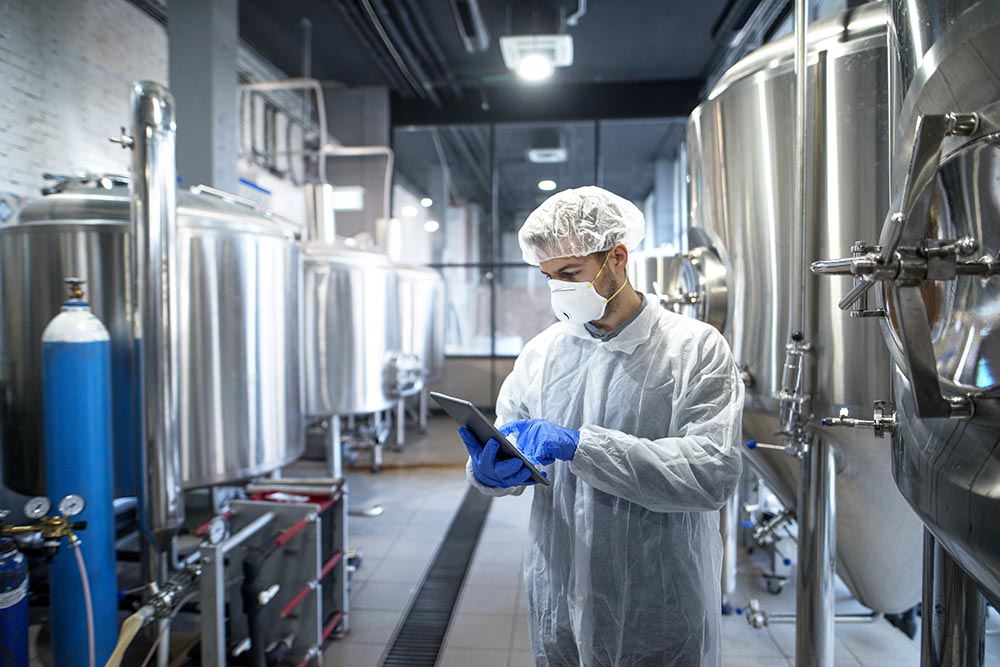UK chemical sector could capture £4.8bn per annum from domestic automotive battery manufacturing supply chain by 2030

A new report highlights supply chain opportunities for the chemicals sector in the production of next generation low carbon vehicles.
A report examining the UK Chemical Supply Chain for Battery Manufacture has found that the UK chemical sector could capture a £4.8bn per annum market share by 2030 meeting the needs of UK-built vehicles alone.
Following a deep assessment of the current capability to support the development and growth of the UK’s battery manufacturing industry, the forecasts are based upon the strong foundation of UK-based companies who are already embedded within many global battery supply chains. Currently three fifths of a vehicle battery pack’s value is the chemicals and materials. With the UK boasting some of the largest suppliers of materials to produce cathodes, anodes and electrolytes, the UK is well-placed to capitalise on this.
Through strategic Government support and collaboration between our Automotive and Chemical sector there is a real opportunity to expand our existing capabilities and grow capacity to support volume production of batteries built in the UK for domestic use as well as significant growth in exports, especially as EU battery production grows.
For battery cell manufacturing to be economically viable there is a need for local suppliers of many materials. However, the expectation is that battery chemistry will evolve over the next decade, so it is fundamental that the companies involved within this supply chain are primed for innovation as well as manufacturing investment. An increase in capability and capacity offers further export potential.
Government has already invested £246m through the Faraday Battery Challenge which has delivered valuable assets like the UK Battery Industrialisation Centre and provided invaluable opportunities for the chemical, battery and automotive sector to work together and learn from one another. In order to realise this £4.8bn supply chain opportunity, the Government will continue to have a critical role to play in supporting the strategic investments in the UK battery and battery materials sectors, while also continuing to provide targeted funding for CR&D that allows the UK chemical sector to co-develop battery technologies with its customers.
Ian Constance, CEO, Advanced Propulsion Centre, said:
With transport shifting towards electrification batteries are set to play a major part in our future propulsion mix. Today‚ report highlights the opportunities available to our Automotive and Chemical sectors to come together and collaborate to make the UK the go-to-place in Europe for battery cell manufacturing. We need to ensure that we have a rich and diverse supply chain here in the UK to anchor and attract Automotive OEMs supporting them to grow and flourish from the production of next generation low carbon vehicles.‚Äù
Sue Dunkerton OBE, Interim CEO, KTN, said:
“The role of the Knowledge Transfer Network (KTN) is to connect people to accelerate innovation, driving UK growth. We are excited to have been part of this important project – together with our partners at Innovate UK, APC WMG and E4tech to use our knowledge and connections of the UK chemical sector to shine a light on UK capability in this area and help develop this critical supply chain opportunity.”
Dave Greenwood, Professor Advanced Propulsion Systems, WMG, University of Warwick, said:
Automotive batteries will halve in cost, double in energy density and see tenfold increases in manufacturing volumes before the end of the next decade. To do this we need advanced materials supplied in bulk and at very high quality. High value opportunities exist in cathode powders, anode powders, electrolytes, collector foils and separators, and the supply chain to provide them is in its infancy.
Adam Chase, Director, E4tech, added:
It has been very positive to see two industries working towards a shared opportunity. There is a clear industrial logic for expanding UK battery production and the UK Chemicals sector is ready and willing to scale up to meet the challenge. A lot now hangs on receiving clear demand signals in the form of a major battery plant investment in the UK.
The report has been produced by E4tech, commissioned by the Advanced Propulsion Centre and Innovate UK (supported by Knowledge Transfer Network (KTN) and WMG at the University of Warwick). They conducted a deep assessment of the current capability to support the growth of a UK Battery Manufacturing Industry.
Based on the ambitions to stimulate the supply chain so the UK can attract a Giga-factory‚ this report engaged with members of the supply chain who would support volume production capacity, finding them keen to seize the opportunity.
You can download the report summary here.

